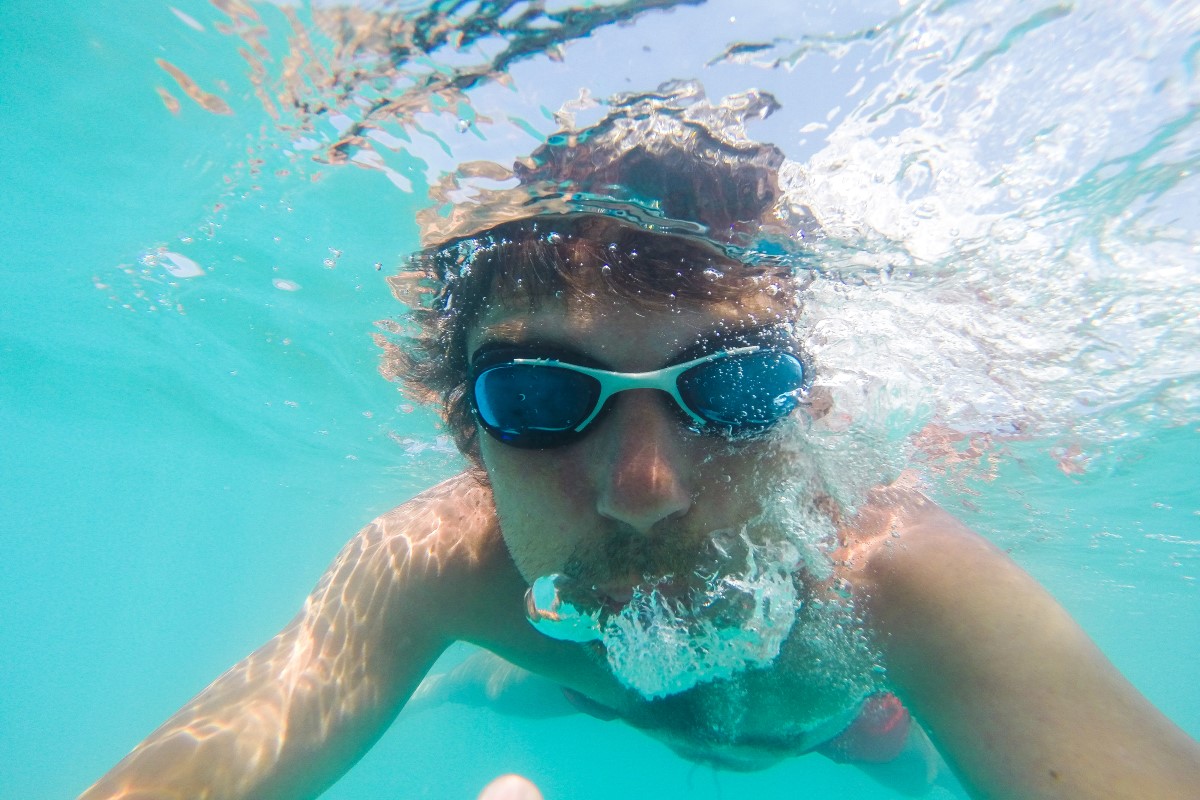
Has your swimsuit become loose or turned a yellowish-green colour? This is a clear sign of ware and chlorine burn. Swimsuit durability comes down to a few factors. Some include:
- How often you go to the pool
- Time spent in chlorinated water
- Number of times you wear a swimsuit
- Swimsuit Material
Competitive swimmers swim more often. Unfortunately, this means their swimsuits don’t last as long. Casual swimmers who live with warm weather year-round also tend to see their swimsuits deteriorate faster. Those who swim seasonally can keep their suits longer.
However, there must be a way for everyone to make their bathing suits last!
Always have two or more swimsuits in your wardrobe. You can alternate between them to increase their longevity.
Competitive swimmers should have swimsuits set aside for races that are never worn to practice!
Casual swimmers should have more than one suit as well. That way you can serve up some style this summer. These suits are not always the most durable, but you will always look amazing.
Since swimsuits are so expensive, you want to choose one that will last. Follow our advice to get the best band for your buck!
Types of Swimsuits
Let’s start by breaking down the different types of swimsuits. There are so many to choose from. So knowing the best brands and which ones will last is essential.
Sport Swimsuits
When you are swimming to get first place, you want to buy for performance, not fashion. Know your materials. Read our take on each one here. Know the pros and cons before buying.
The material that lasts a long time and is chlorine resistant is polyester. Look for 100% polyester swimsuits (or as close as you can get to 100%). Check out some of the top picks from Pro Swim Wear!
Best Brands:
Speedo: The endurance line of swimsuits has a name that says it all. Some users find that these suits last 4 months to a year longer than average. This varies from person to person. These suits are made from 50% polyester and 50% PBT.
Slix: Here is a line of swimwear that’s designed to resist the effects of chlorine. The material is made to keep you comfy and avoid sagging. These 100% polyester suits are designed to last. If your favourite suit gets damaged, race suit repair is offered by the company.
Dolfin: Looking for a swimsuit that’s durable and sustainable? Look no further than this retailer that uses recycled polyester when designing its collections. Additionally, these swimsuits are resistant to drag, retain their shape and do not pill.
TYR: Choose from a variety of swimsuits. Whether you are exercising, training or competing, you will find something that suits your needs. The Durafast One™ swimsuits are 100% polyester and 100% chlorine-proof.
Casual Swimsuits
Not everyone likes to compete. Some people like to have fun and relax in the water when it’s hot out. While others are learning to swim for the first time.
It’s still important to choose a swimsuit that will last as a casual swimmer.
So we have come up with some good options. Take a look at our picks that don’t sacrifice style for quality!
Best Brands:
Patagonia: These swimsuits are made with 83% recycled nylon and 17% spandex jersey body fabric. It’s an environmentally and socially responsible brand that has Fair Trade Certified™ sewing. The brand has also teamed up with Worn Wear through repair and reuse.
Summersalt: You will find a variety of sizes and styles from this swimwear brand. These suits are made from recycled textiles. The brand boasts that their designs have 5 times the strength and 4 times the compression of other swimwear.
Girlfriend Collective: Look and feel awesome this summer in one of these suits! The material is called ECONYL™ and is sustainably made from recycled fishing nets and post-industrial waste from the ocean. They are also quick drying and keep you safe from the sun.
Jessica Rey: This Los Angeles-based company ensures swimsuits last and their workers are paid living wages and treated fairly. It also uses recycled materials. Swimsuits are made from 78% Regenerated Polyamide and 22% Lycra Xtra Life.
Swimsuit Care
Chlorine continues to affect the fibres in your swimsuit even after wearing it. We recommend showering and washing your hair after getting out of the pool. Use gentle hair shampoo to deodorize your swimsuit.
Always the instructions on your bathing suit’s label for washing.
Remember to rinse the suit with fresh water after getting out of the pool and changing. It will get the chlorine out.
Never wash bathing suits in the washing machine. The agitation and detergent will reduce the life of the material.
Lay your swimwear flat in the shade without direct sunlight to avoid fading. Putting it in the dryer is not a good idea. The heat is too harsh on the elastic and will cause it to melt. In turn, your swimsuit will lose its shape.





